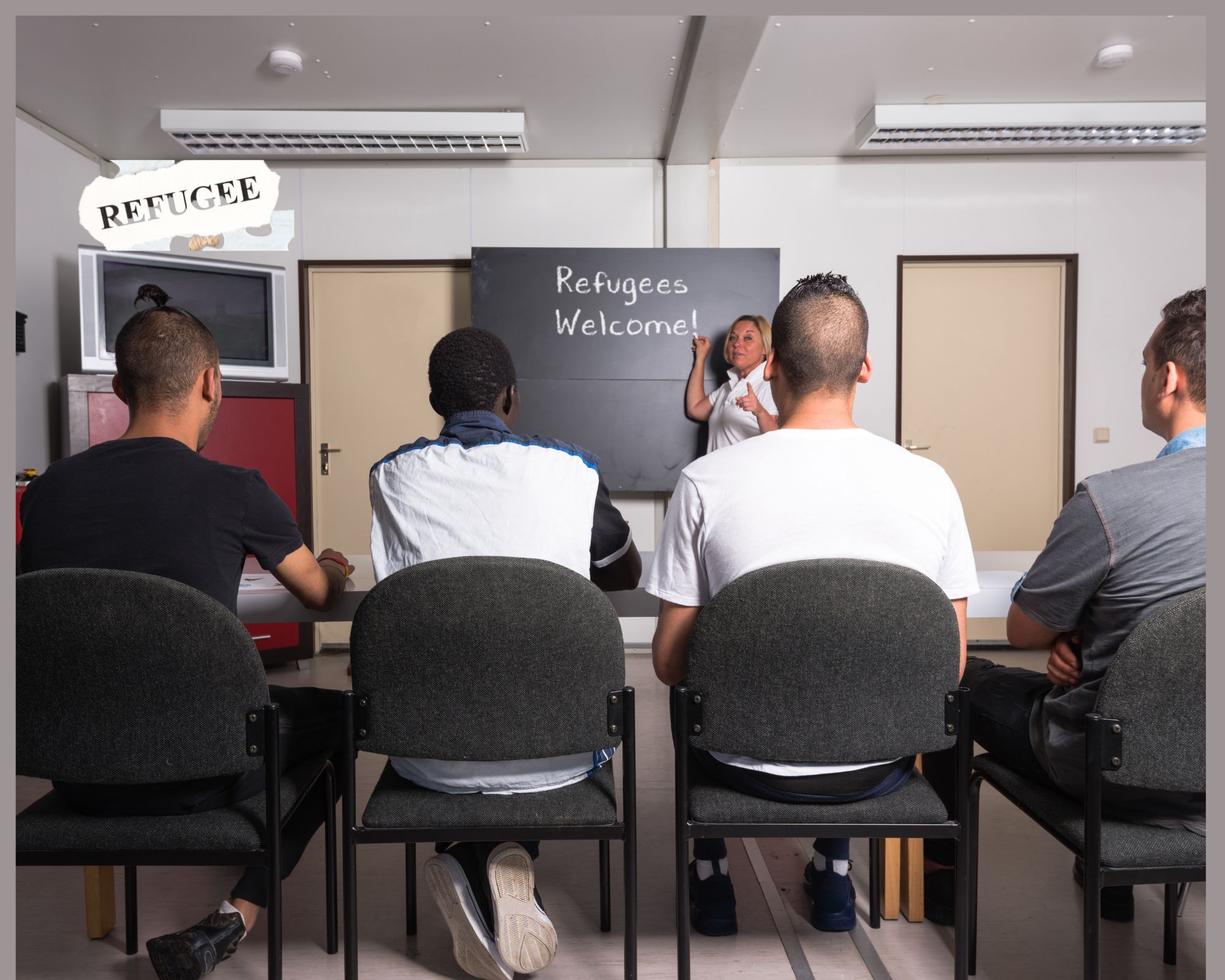Summary:
-
At a roundtable held in September 2022 alongside the Transforming Education Summit and the United Nations General Assembly (UNGA), refugee representatives, donors, UN agencies, and international organizations all agreed that refugee education should be at the top of the humanitarian and transforming education agendas.
-
The Center for Universal Education set up the roundtable to discuss a new report that will talk about the ongoing conflicts that make it hard for refugees to go to school and the difficult but necessary steps everyone involved must take to fix them.
-
While there is a growing commitment to include them in international events like the UNGA, specific student networks, have formed internationally and nationally, which is far from the standard.
-
In addition to participating in policy and practice, refugee students have strong opinions on the lack of donor funding for their post-primary education.
-
Additional financing should be combined with an attempt to remove the barriers that refugee students encounter in getting their learning certified and accredited if they continue their studies.
At a roundtable held in September 2022, along with the Transforming Education Summit and the United Nations General Assembly (UNGA), refugee representatives, donors, UN agencies, and international organizations all agreed that refugee education should be at the top of the humanitarian and transforming education agendas.
The Center for Universal Education set up the roundtable to discuss a new report that will talk about the ongoing conflicts that make it hard for refugees to go to school and the difficult but necessary steps everyone involved must take to fix them.
If refugee education is going to change, refugees need to be a natural part of national education systems, both in the classroom and in policy discussions. Many people talked about how important it was for state and international actors to follow through on their promises to help refugees get an education so that natural inclusion methods could be implemented. Participants talked about promoting integration by helping the key players locally and nationally and giving more money to national governments committed to helping refugees.
- Student refugees: Although there is broad consensus that refugee children and teenagers must be at the centre of decisions regarding their education and future, stakeholders disagree on the best ways to involve and elevate their voices in these processes. While there is a growing commitment to include them in international events like the UNGA, specific student networks, have formed internationally and nationally, which is far from the standard. A mapping of the current tactics and their impact would be helpful to inform the establishment of institutionalised efforts to shift from ad hoc engagement efforts to a comprehensive strategy. In addition to participating in policy and practice, refugee students have strong opinions on the lack of donor funding for their post-primary education. Additional financing should be combined with an attempt to remove the barriers that refugee students encounter in getting their learning certified and accredited if they continue their studies.
- Local organisations: While financing for localization in the refugee response—including refugee education—is limited, it has long been understood that investing in local organisations is crucial to enhancing their capacity, improving their effectiveness, and guaranteeing longer-term sustainability. Although funders and national organisations may need to coordinate more closely and exercise more administrative control when supporting smaller organisations, the rewards exceed the costs. By hiring local and refugee employees who understand the language, adapting programmes to cultural needs, and better-addressing local difficulties, local organisations, can provide refugee education support at a lower cost than larger groups. They can also better respond to the needs of refugees.
- Teachers: To ensure that teachers who instruct refugee pupils have the skills and tools to provide inclusive education, it is essential to enable and support them. Host community teachers, through teacher unions, are frequently the first to assist refugee teachers, supporting their well-being and finding employment in host-country schools. They play a vital role in helping children integrate and providing mother tongue language lessons, among other things. Teachers who are refugees and teachers’ unions are frequently excluded from coordinated humanitarian responses, losing out on virtual networks and insights.
- Governments: The international community must step up with more than just financial support when governments agree to a plan to integrate refugee kids into their national education system. International organisations’ frequent lack of coordination pushes federal governments in many directions. In the early stages of humanitarian response, more refugee host states would profit from the information and technical know-how exchange. By focusing on what works at the policy and practice levels, the global education community would also better serve those governments by making the already-available knowledge and research on refugee education more accessible and usable.
To let refugees into schools, governments must have a strong political will, and the rest of the world must keep giving them money. However, this process is still complicated. Tensions could be eased and the transition of refugee education could go more smoothly if refugee students, local organizations, teachers, and national governments worked together and showed more support for them.
Analysis by: Advocacy Unified Network

